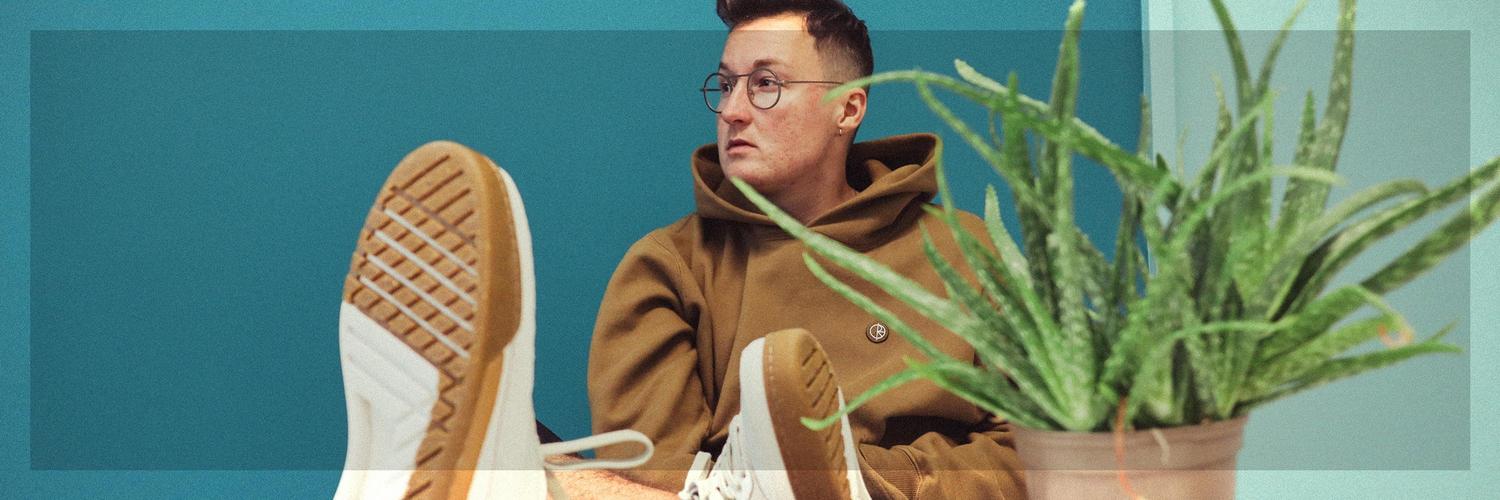
In My Shoes With Max Slack
As part of our ongoing commitment to a more inclusive world & workplace, we’ve been developing and implementing internal programmes that give colleagues space to talk, listen, learn, and grow. We invited Max Slack, a Trans Man, LGBTQ+ activist and content creator, to host our trans-Atlantic Clarks Employee panel, where he spoke about the responsibility that businesses have in actively empowering LGBTQ+ employees to feel equally welcome, safe, and supported.
Max also led interviews with four members of the LGBTQ+ community from within the Clarks family, encouraging them to share their stories with more than 280 colleagues present. Following the event, we chatted with Max about his own personal and professional experiences as a Trans Man. He offered up guidance for other LGBTQ+ individuals finding their way and discussed how companies can ensure that the changes they make truly promote diversity.
Clarks Instagram (opens in a new tab)Tell us about yourself
I’m Max, a 30-year-old Trans Man. I’m a content creator (@theyrequeer), speaker and LGBTQ+ activist. I also work with a start-up transmasculine clothing company, bothandapparel. When I’m not being a loud trans guy on the internet, you can find me at home or on the beach in Hastings, usually with my fiancé Lori and at least one of our three sighthounds.
You describe yourself as a ‘career queer’. What does your work as an LGBTQ+ creator & speaker look like?
I started off working in brand partnerships for The HER App before going freelance. Combining my personal experience as a queer and trans person, with my background in partnerships and events, becoming an LGBTQ+ advisor felt very natural.
We’re at a point in our community history where more and more brands and corporates are trying to engage, support and celebrate their LGBTQ+ employees and customers, which is great. My goal is to make sure they do it in the right way, where there’s authenticity, accountability, and active change. I’m also always pushing the idea of trans & thriving, which really means that trans people can lead happy and fulfilling lives; sadly, it’s a narrative we don’t see in popular culture and media.
Have you faced bias/prejudice as a result of being queer in your career or personal life that you’d be happy to share?
I consider myself lucky to have experienced limited homophobia or prejudice in my career. Mostly that’s because I’ve worked with LGBTQ+ companies, but I wouldn’t say it’s been completely free of discomfort. Something that’s been particularly prevalent for me when working with clients from all over the world is having to be very careful who I “disclose” to, as it could impact my sales or career. I’ve also definitely felt the loneliness that a lot of LGBTQ+ people at work feel, where they aren’t excluded explicitly but don’t necessarily feel safe, supported, or celebrated.
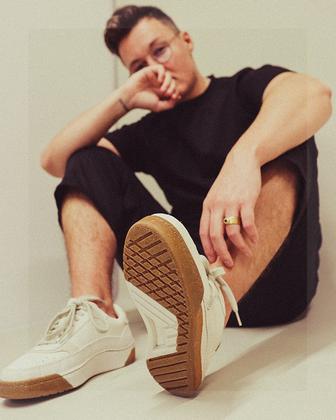
“More brands are trying to support and celebrate their LGBTQ+ employees and customers…my goal is to make sure they do it in the right way, where there’s authenticity, accountability, and active change.”
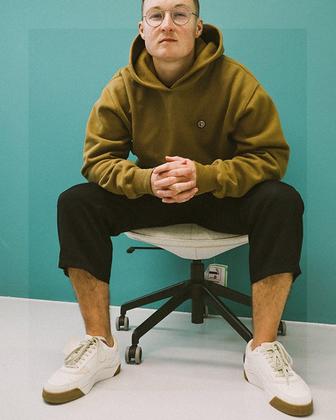
What advice would you give to other LGBTQ+ community members?
That it’ll get better - I promise! That you don’t have to do certain things just because you’re LGBTQ+. You don’t have to wave rainbow flags and be an activist. Your only responsibility is to you. If someone doesn’t love and support you for who you are, even once they fully understand who that is, they don’t deserve you in their life. And lastly, people will surprise you!
On our internal Clarks employee panel, you highlighted some insightful statistics regarding the LGBTQ+ community; can you share a few of them here?
Sure! A 2019 Yale study found that 83% of LGBTQ+ people hide their sexual orientation, while a YouGov poll in 2018 revealed one in four trans people (26%) aren’t open with anyone at work about being trans. This number increases to about two in five non-binary people (37%) who aren’t out at work.
According to global consultancy McKinsey, LGBTQ+ women are twice as likely to feel that they cannot talk about their lives outside of work; those who are able to be open about their sexuality at work are half as likely to leave their company within the next year. Finally, 60 countries still have laws that effectively criminalise homosexuality.
Is there one piece of advice / change you think every company should implement? Why is it important?
Listen to queer people, don’t just make up your own ideas. Listen to your team, listen to your customers, listen to advisors. If you want to be more inclusive, that starts with figuring out what that looks like for your company - it’s different for everyone. One way to achieve this is to set up an internal LGBTQ+ council, and make sure that council members are offered time outside of their daily roles to participate, or they’re remunerated for any overtime that may be required. It’s essential that they have budget and senior leadership support.
What does ‘style’ mean to you as a Trans Man?
To me style means freedom. Trans people are often not catered for by mainstream fashion, which means that we have to make style work for us. On the one hand, that gives us the freedom to create and break rules, but it also means that we’re often uncomfortable or having to “edit” clothes to make them work for us. A piece of clothing, outfit or style that fits and makes us feel good is the freedom to express ourselves without compromise.
“If you want to be more inclusive, that starts with figuring out what that looks like for your company - it’s different for everyone.”
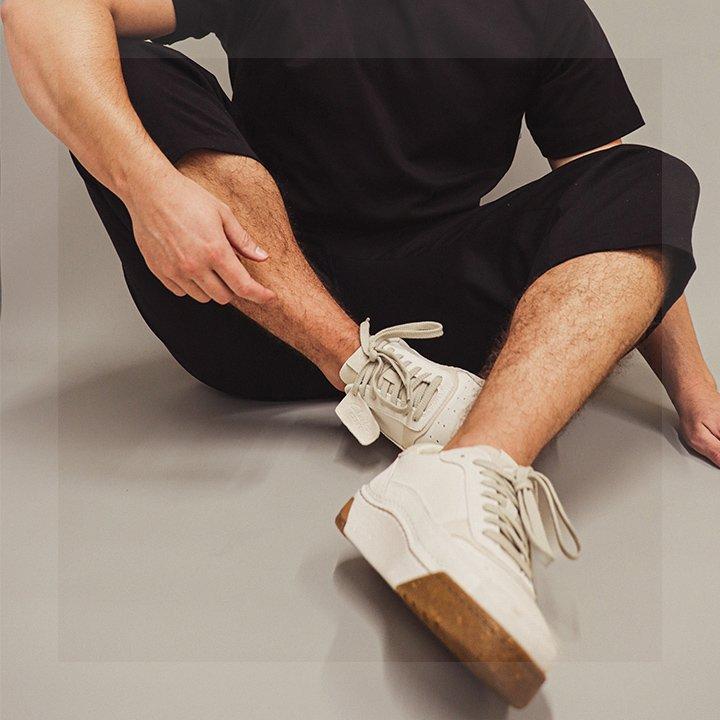
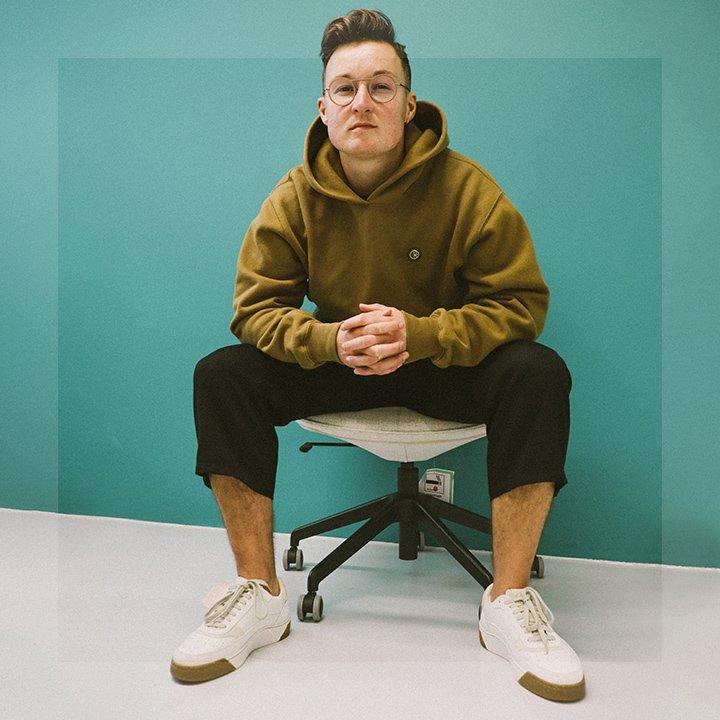
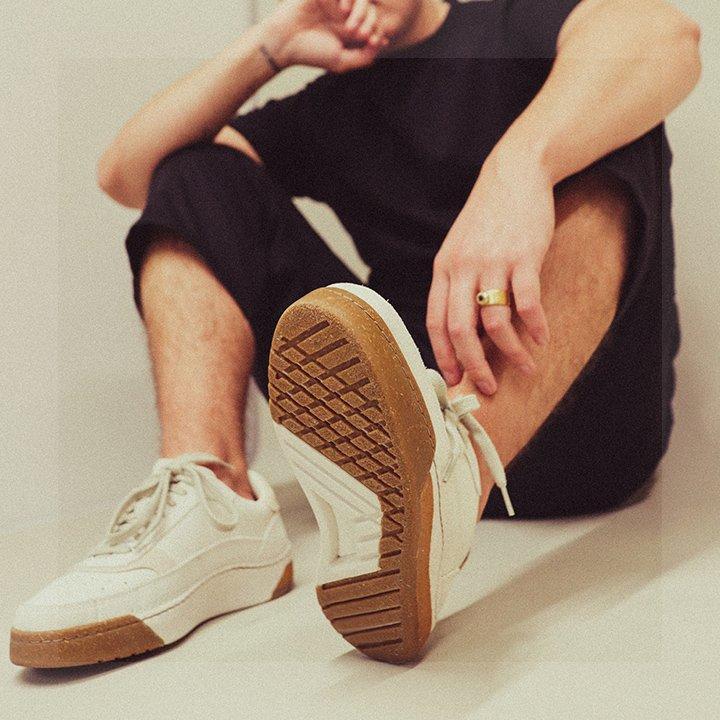

Published on: